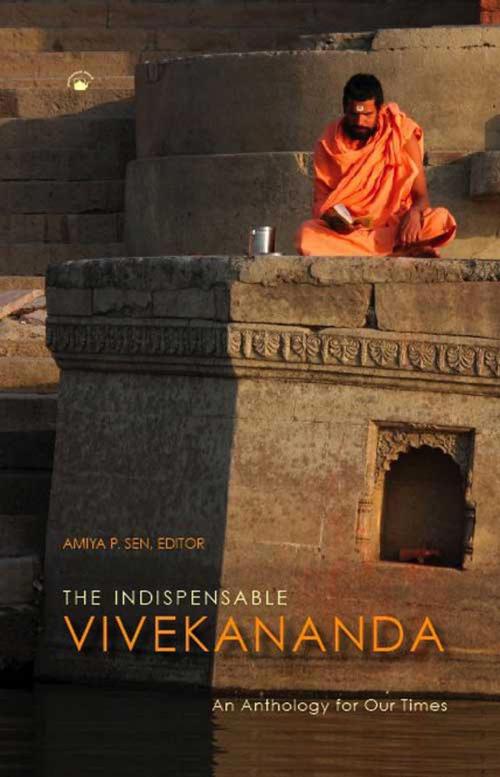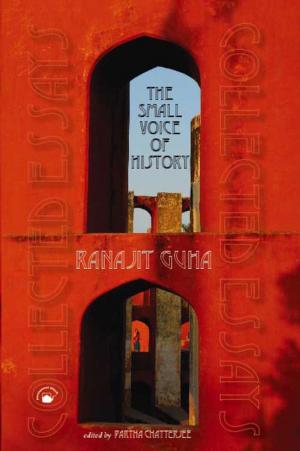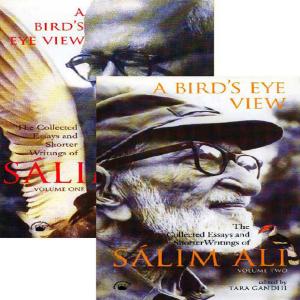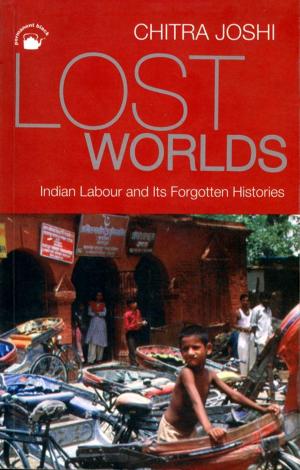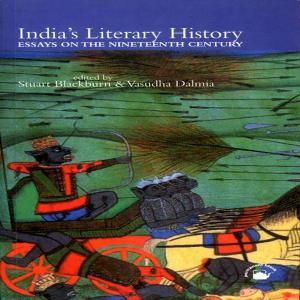The Indispensable Vivekananda
An Anthology for Our Times
Nonfiction, Religion & Spirituality, New Age, Reference, Philosophy| Author: | ISBN: | 9788178244082 | |
| Publisher: | Permanent Black | Publication: | December 13, 2012 |
| Imprint: | Language: | English |
| Author: | |
| ISBN: | 9788178244082 |
| Publisher: | Permanent Black |
| Publication: | December 13, 2012 |
| Imprint: | |
| Language: | English |
A hundred years after Swami Vivekanandas oratory, essays, and philosophical writings offered substantial modfications and refinements to modern Hinduism, he remains a key figure in any proper understanding of the religion of Indias largest majority. The present anthology, which showcases those aspects of Vivekananda that seem indispensable even today, consists of two halves: an Introduction by the editor, followed by selections from the core of the Swamis oeuvre. In his Introduction, the editor provides, first, a general introduction to the life and work of the Swami; and second, a critical appraisal of the various aspects of his social and philosophical ideas. Wherever possible and relevant, the latter are situated within the general spectrum of neo-Hindu thought. An attempt is also made here to critically evaluate the legacy of Vivekananda in contemporary India. The second section, comprising readings, is divided into four parts, each containing Vivekanandas writings which deal with Contemporary India and her Problems, Religion and the Human Revolution, Vedanta and the Future of Mankind, and The Spiritual Ends of Man. A list of Suggested Readings concludes this volume.
A hundred years after Swami Vivekanandas oratory, essays, and philosophical writings offered substantial modfications and refinements to modern Hinduism, he remains a key figure in any proper understanding of the religion of Indias largest majority. The present anthology, which showcases those aspects of Vivekananda that seem indispensable even today, consists of two halves: an Introduction by the editor, followed by selections from the core of the Swamis oeuvre. In his Introduction, the editor provides, first, a general introduction to the life and work of the Swami; and second, a critical appraisal of the various aspects of his social and philosophical ideas. Wherever possible and relevant, the latter are situated within the general spectrum of neo-Hindu thought. An attempt is also made here to critically evaluate the legacy of Vivekananda in contemporary India. The second section, comprising readings, is divided into four parts, each containing Vivekanandas writings which deal with Contemporary India and her Problems, Religion and the Human Revolution, Vedanta and the Future of Mankind, and The Spiritual Ends of Man. A list of Suggested Readings concludes this volume.
